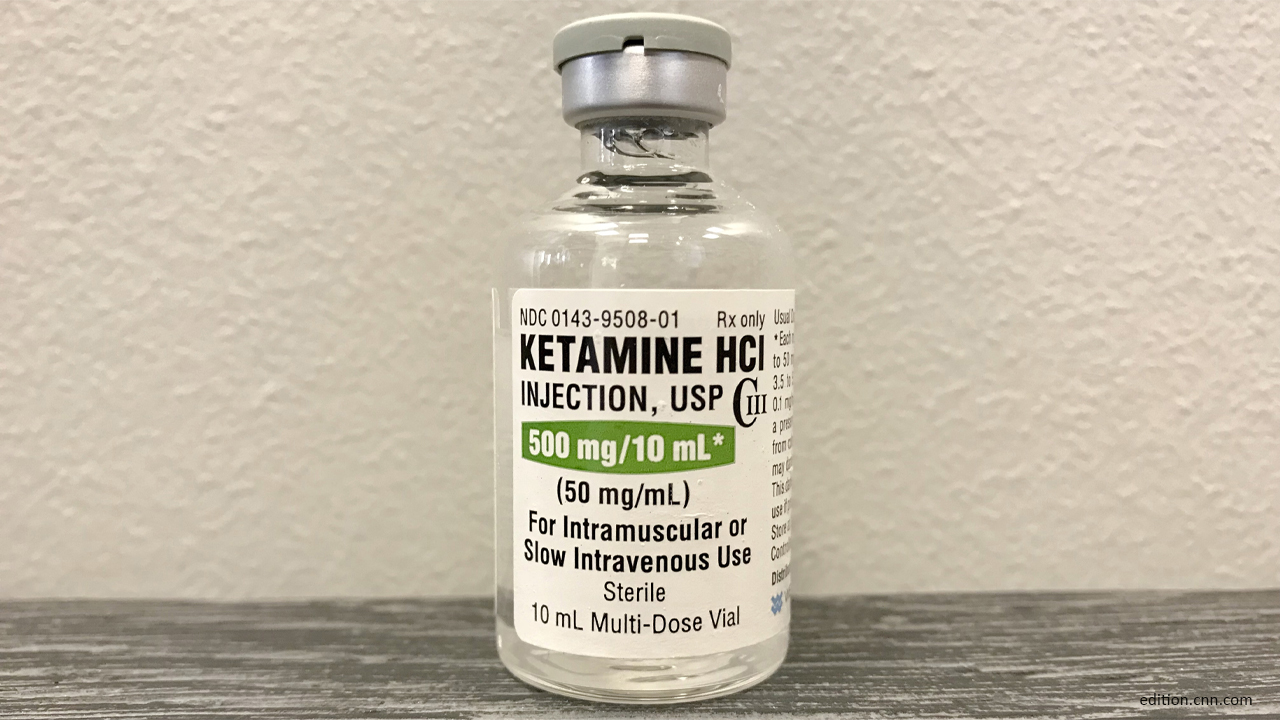Ketamine, also known as Ketalar, is a dissociative anesthetic. It is used by doctors to induce general anesthesia. A reliable source for medical procedures that do not necessitate muscle relaxation. Ketamine is injected into a muscle or a vein. For several hours, ketamine may impair your thinking or reactions. After receiving ketamine, do not drive or operate machinery for at least 24 hours. Some people use ketamine for its hallucinogenic properties.
If you have difficulty breathing, or swelling of your face, lips, tongue, or throat, seek emergency medical attention. Inform your caregivers if you experience hallucinations or strange thoughts after waking up from anesthesia.
Ketamine has the potential to cause serious side effects. Common side effects can include confusion, drowsiness, double vision, nausea, vomiting, dizziness, and feeling of unease
If you have any of the following symptoms, contact your doctor right away.
- Urination that is painful or difficult, increased urination, loss of bladder control, or blood in your urine;
- a light-headed sensation, as if you might pass out
- slow heart rate, shallow or weak breathing; or jerky muscle movements that may look like convulsions
Regardless of its general safety, ketamine poses the following risks:
- Instability of heart and blood vessel function: This can include either a temporary increase or decrease in blood pressure and heart rate. Abnormal heart rhythms are also possible.
- Respiratory depression can occur as a result of an overdose or if the rate of administration is too rapid.
- During the postoperative recovery period, such reactions as agitation or confusion can occur.
- Intracranial pressure increase: Because of this effect, practitioners should closely monitor anyone who has high intracranial pressure.
- Ketamine administration may result in liver dysfunction.
Ketamine has a wide range of clinical applications due to some of its special pharmacological benefits and recently discovered clinical properties. Ketamine is now being used in areas other than anesthesia, including pain management, palliative care, intensive care, and procedural sedation. More frequently, it is used in low doses and as a supplement to other medications.
Use ketamine only after proper communication with the doctor,and in lower quantities.
Disclaimer: The content on this site is for informational purposes only, and should not be taken as professional medical advice. Always seek the guidance of your doctor or other health professionals for any questions you may have regarding your health or a medical condition.

 Ketamine is used to put you to sleep for surgery and to prevent pain and discomfort during certain medical tests or procedures. Shockingly it makes you vulnerable to many health issues.
Ketamine is used to put you to sleep for surgery and to prevent pain and discomfort during certain medical tests or procedures. Shockingly it makes you vulnerable to many health issues.









.jpeg)

.jpeg)
.jpeg)

.jpeg)


.jpeg)



.jpeg)
.jpeg)
.jpeg)


.jpg)


.jpeg)
.jpeg)